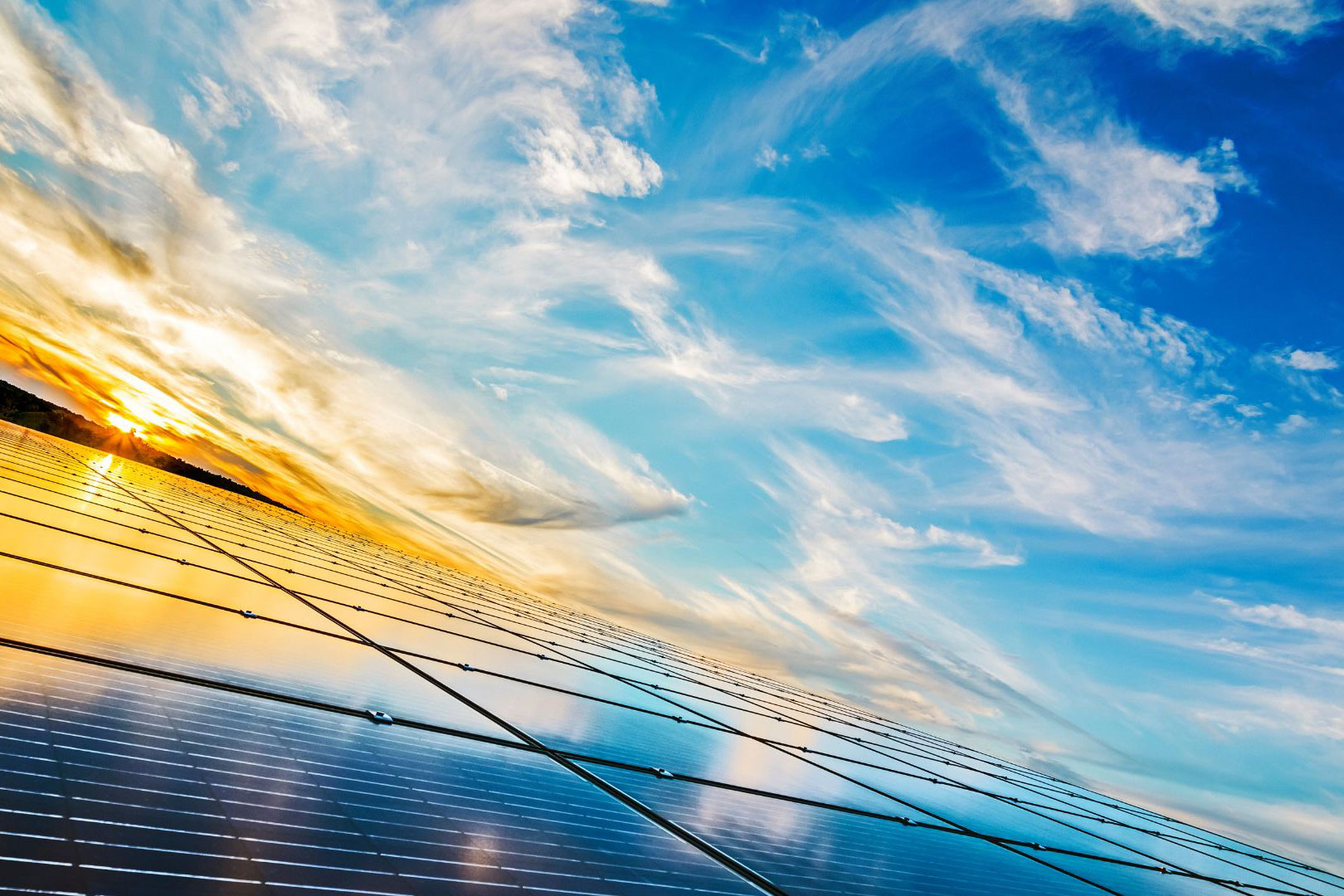Low-Temperature Electrochemical Growth of Crystalline Si
Low-Temperature Electrochemical Growth of Crystalline Si
Low-Temperature Electrochemical Growth of Crystalline Si
Program: Carbon Neutrality Acceleration Program
Program details » | All Carbon Neutrality Acceleration Program projects »

Unleashing a new technology that could be to solar energy what the printing press was to books
Principal investigator: Stephen Maldonado (Chemistry)
Project Summary
Silicon would seem to be a natural choice for photovoltaics. Its properties are well-understood, it is practically indestructible, and it poses no hazards to human health. But paradoxically, silicon cannot scale up to meet global energy demands because the manufacturing process relies on centuries-old, resource-intensive chemistries that require major energy inputs and generate toxic byproducts.
This research team aims to revolutionize the production of silicon with a low-temperature process that is radically simpler than any existing practice. Their technique, electrochemical liquid phase epitaxy (ec-LPE) invented by the Maldonado lab, makes the idea of forming a silicon photovoltaic device from a beaker on the benchtop possible. The funding from CNAP will enable the team to demonstrate that sililcon ec-LPE is a viable method and seek follow-on grants to continue their work.
This novel approach is the only known technology that blends the simplicity, precision, and low cost of conventional electrodeposition with the crystallographic quality afforded by traditional liquid phase epitaxy. In addition to eliminating the excessive CO2 footprint of conventional silicon photovoltaics, the method simplifies production and thereby substantially improves the prospects for market competitiveness.
The team is motivated by the desire to eliminate the impediments that prevent silicon from being scaled rapidly to supplant fossil fuels. If successful, their ec-LPE process could unlock silicon photovoltaics' potential to put transformative solar resources into the energy portfolio of every nation on Earth.
This team received a $50,000 CNAP faculty research grant in 2022.